Dogs are the most domesticated and omnipresent animals in the world. The furry coat, the innocent eyes make them lovable among all animals. Dogs were the first domestic animal friend of humans. Even today, after 12,000 years, dogs still parallelly co-exist with humans.
Biologically reading, dogs are the subspecies of Canipus Lupus, referred to as Gray Wolves. The dogs are believed to evolve from wolves and jackals. In human history, dogs have served as great hunting partners, and later they breed according to human needs and wants.
Researches show that The life cycle includes the puppy stage followed by adolescence, then adulthood, and finally the senior years. On average, the smaller breeds mature faster and live for long years. The larger breed mature late and tend to have a short period of adulthood and senior years.
A dog lives for ten years on average, and across bread might live up to 13 years. Of course, nobody wants to part away with their pets, but it is essential to know about a dog’s life cycle. So let’s have a look to understand them better.
The Puppy Stage
After a brief period of sixty-three days, the puppy stage arrives. It is the period from birth and extends up to six to eighteen months. It is because they are naturally born deaf, blind, and cannot thermoregulate their body temperature.
This is the time the puppy perceives its surroundings and learns the basics of its life. The puppy stage of a dog is suggested to be grown up with their mother and siblings.
After four weeks, the puppy starts consuming solid food. Until then, it depends on its mother’s milk. The weaning varies from breed to breed, and the teething begins soon. Be cautious, as they tend to bite everything they see.
A good pet owner allows the puppy’s socialization to its new master after the puppy stage and is secured by vaccination. It is important to make sure that the puppy has proper prevention from diseases.
The Adolescent Stage
The Adolescent Stage is the next stage that lasts between six to eighteen months.
The adolescent stage, just like the humans, is the moody teenage stage of dogs. The dogs need to be properly sprayed and neutered to be kept in control.
Common Signs of the adolescent Stage include dogs coming up with undesirable behavior, paying no attention, etc. Female adolescent dogs might be in the heat, while male dogs will mark their territory by frequent urination and sniffing.
Of course, it’s a cranky stage. The puppy will shed fur while it makes it to the adolescent stage. The puppy is not used to the physical changes, and it might feel and act absurdly.
The Adolescent Stage requires kind, gentle, and consistent training to control the behaviors. Then, you can look for a proper pet trainer and hire them. The Adolescent Stage will be till eighteen to twenty-four months in small breed dogs, extending up to thirty-six months in larger breeds.
The Adulthood Stage
The adulthood periods start from eighteen months for smaller breeds and up to three years for larger breeds.
The adolescent stage training shows up in the adulthood stage, and the dogs are easily manageable. First, however, do not forget to take your dog to regular walks, plays, and mental stimulations.
Your dog can be a best friend in your day-to-day life activities. So don’t forget to take him with you!
The Senior Stage
The senior stage is the Last Stage of the life cycle. Dogs are great companions, and we want to cherish our forever life with them. Isn’t it? But, we have to understand just like us, they have a limited time.
The life span extends between seven to ten years of a dog in the senior stage. After that, the muzzle of the dog will turn grey. Then, like humans, they get tired quickly and prefer strolls over-energetic runs.
The senior stage includes more sleeping. The eating habits change, and they might eat less. That is a common senior stage habit, so you should not worry about it much.
Also, they might gain weight. They lose energy faster, and they need to catch a breath faster than the other stages. Joint pains have become a common problem.
There might be dental issues too. It is advisable for a periodic vet visit and that we take care of them like family members.
Various breeds age faster while few last longer. For example, a dog may continue its senior stage up to twelve years while others can make up to twenty years.
Conclusion
Until the last breath, the memories of happy and sad times will stay forever with us. Dogs teach us that they can be a great companion and best friends in our lifetime. The space they have filled in our life can never be replaced.

 DogExpress
DogExpress

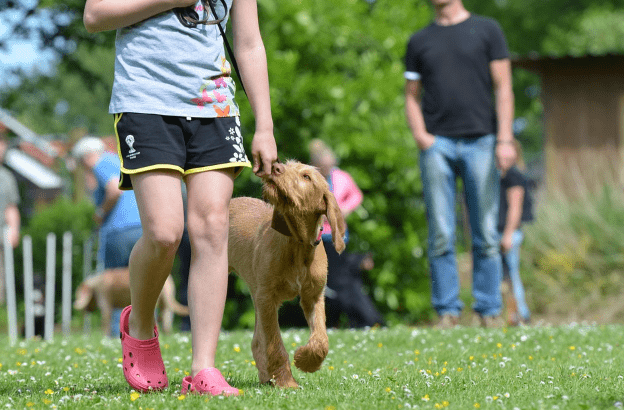

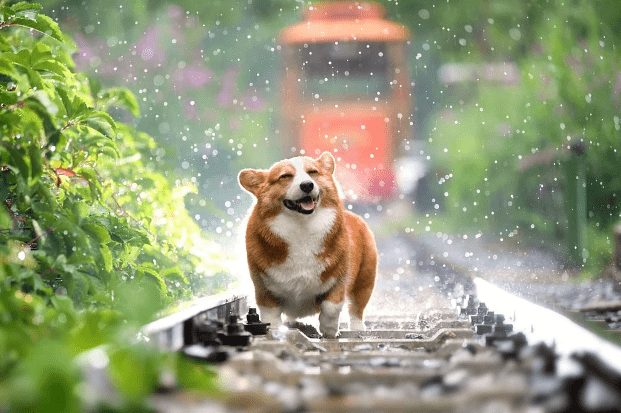

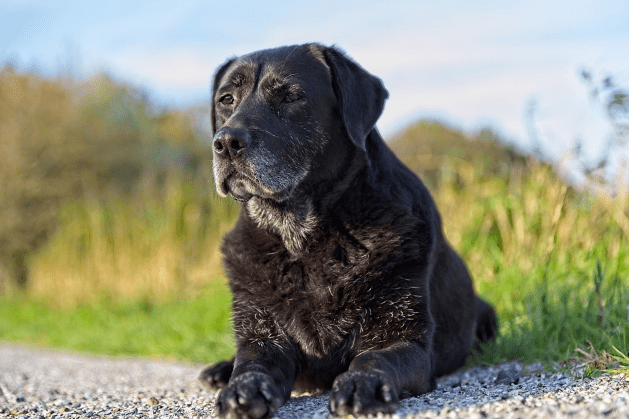
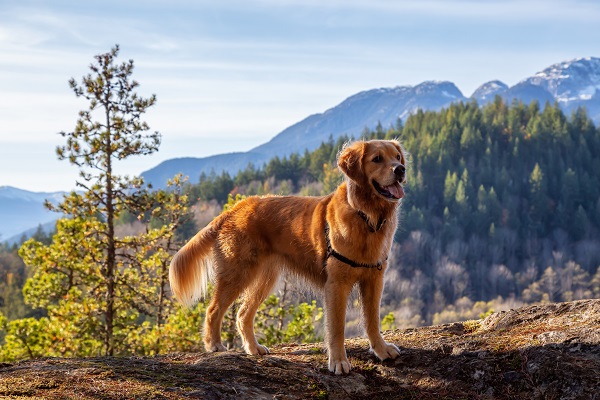
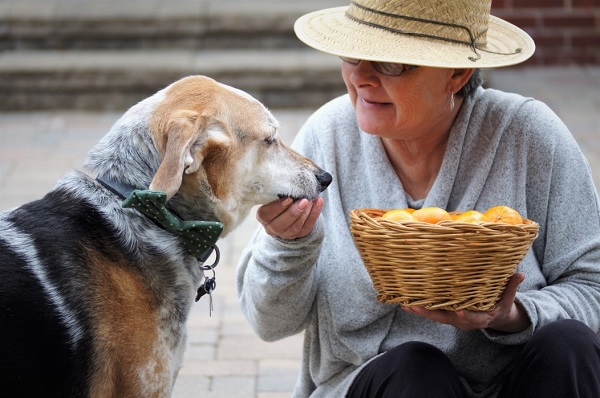
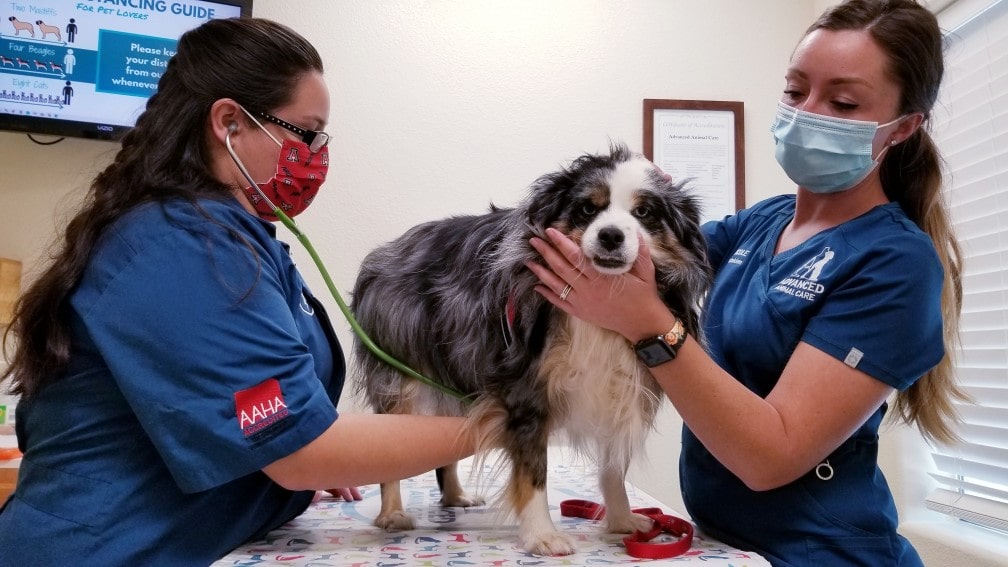
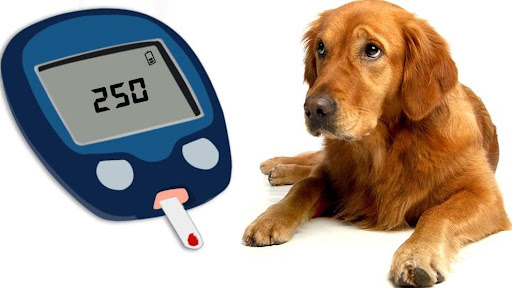












 in Chandigarh, India.
in Chandigarh, India. 
